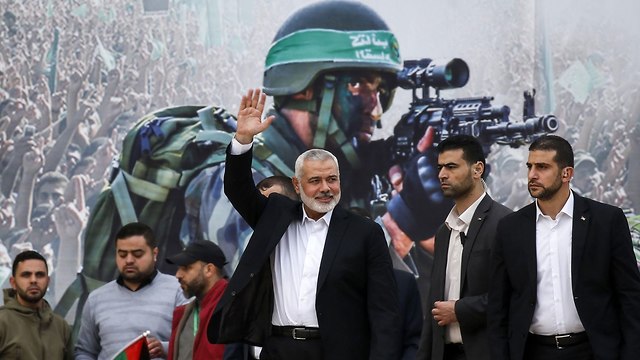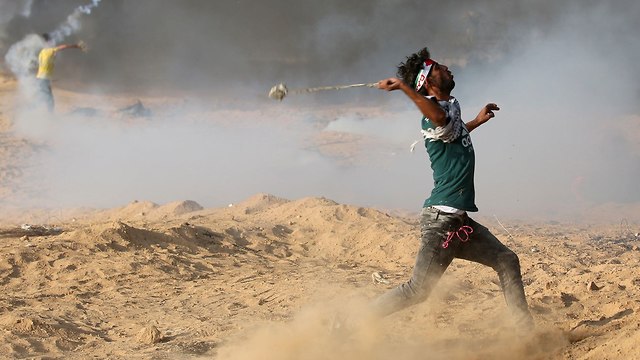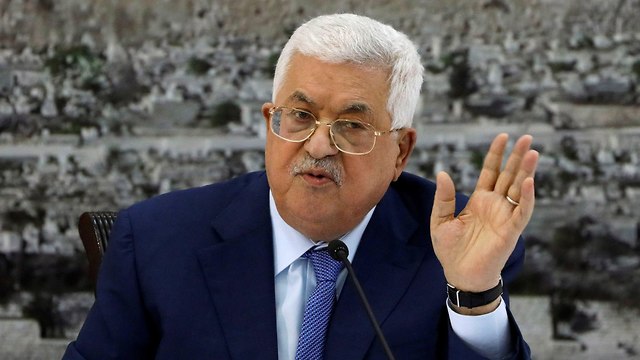All the factors that led to the outbreak of violence along the Gaza border fence at the end of March 2018, are still there and have even exacerbated. Since Egypt reopened the Rafah crossing several months ago, those who could escape did so. More than 20,000 professionals, most of them academics, left the Strip. The terror organization cannot ignore this fact, just as it cannot ignore the outcry of the 13,000 Palestinians who were wounded during clashes with the IDF along the fence.
The protests by the wounded and their families over the poor medical treatment they had received in the Strip even prompted Hamas to call on Arab countries to provide treatment for some of the casualties.And those are only two of the symptoms of the disease of violence that erupted in Gaza in March, and not only was the disease not wiped out in the months since then, it reached peaked over the past few days.
This illness, according to Eisenkot, is embodied by the rift between rival Fatah and Hamas movements, which pushed the Palestinian Authority to impose sanctions on Hamas-ruled Gaza and cause a severe economic and leadership crisis. Palestinian President Mahmoud Abbas has recently made a series of decisions—including completely ending the Palestinian Authority's financial commitments to Gaza—which mean a total detachment from the Strip. Abbas formally dismantled the largely defunct Palestinian Parliament, erasing any sign of partnership with Hamas, whose members he dubbed traitors, spies and Satan's emissaries in a public speech. In practice, Abbas threw out every reconciliation agreement between Hamas and Fatah that had been achieved over the past few years. The terror organization's response is clearly evident in the Israeli communities near the Gaza border—a bomb-laden styrofoam airplane attached to a cluster of balloons, mortar shells, and thousands of Palestinian demonstrators running at the fence in an attempt to breach it, while throwing explosive devices at IDF soldiers. So whether the weather improves, the chiefs of staff changes, Israel turns its gaze to elections, the security situation in Gaza will remain as it is now—unstable. Hamas knows election time is the ideal time to extort Israel : http://bit.ly/2ADjOlN



No comments:
Post a Comment